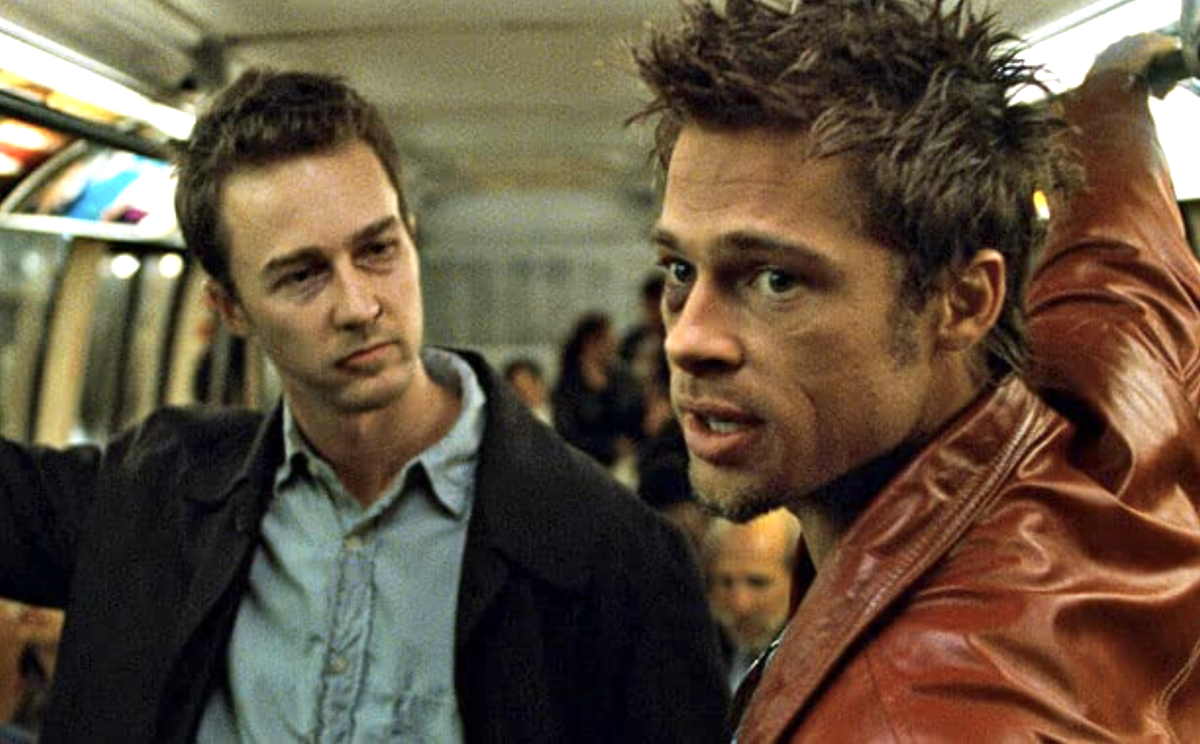Fans of the hit movie Fight Club were not too pleased that the ending of the version of the film shown in China differed, albeit temporarily, from the original.
The Chinese version, which has now been amended with the original ending, switched out the chaotic, explosive original ending in favor of a text card, which read: “Through the clue provided by Tyler, the police rapidly figured out the whole plan and arrested all criminals, successfully preventing the bomb from exploding. After the trial, Tyler was sent to [a] lunatic asylum receiving psychological treatment. He was discharged from the hospital in 2012.”
Director David Fincher expressed bewilderment at the changes, in a conversation with Empire:
It’s funny to me that the people who wrote the Band-Aid [ending] in China must have read the book, because it adheres pretty closely, Here’s what we know. A company licensed the film from New Regency to show it in China, with a boilerplate [contract]: ‘You have to understand cuts may be made for censhorship purposes.’ No-one said, ‘If we don’t like the ending, can we change it?’ So there’s now a discussion being had as to what ‘trims’ means.
Continuing on with his shock at the edits, he added:
If you don’t like this story, why would you license this movie? It makes no sense to me when people go, ‘I think it would be good for our service if we had your title on it… we just want it to be a different movie.’ The fucking movie is 20 years old. It’s not like it had a reputation for being super cuddly.
Fight Club, one of the most popular movies of the ‘90s, is regarded by many as a classic, so it’s no wonder Fincher is annoyed with the movie having been tampered with, especially as it’s an old film that did not need to be licensed by another media company.

